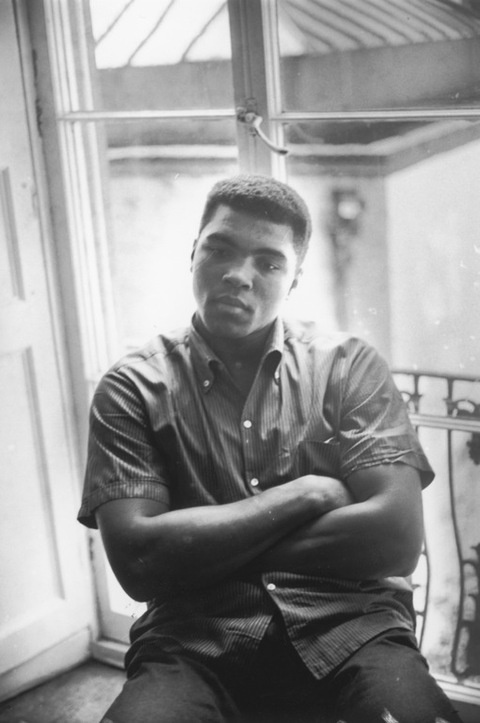Hart, Tami and I had a great visit yesterday at Lanier HS during their lunch hour. We were getting set up in the hallway outside the cafeteria and along came some students carrying a banner they had made about the monarch butterfly. Monarchs are a special interest of mine, so I was thrilled to learn that Lanier's Environment Club is creating a Monarch garden and is raising awareness about the monarch's migration and importance to the ecosystem. Excellent!
 |
| the student-made monarch hero photo booth, nicely done! |
We had our usual t-shirt challenge, and the reflection poster asked, "Yesterday was Indigenous Peoples Day. What is one of the things about your ancestors or heritage that you value most?" Here are some of the student responses:
That we came from natives
My Mexico family
Our connection to nature
I value the rights
I value that I am different from others
I value the food
I value our culture, food and way of life
They are united
Love yourself
We all have love for whatever we do
The best boxer in the world
Black Lives Matter
Our cultures
I admire the fact I was located in East Africa
I value music the most
I value our traditions
We also, as at McCallum, asked students to write about a way that they are kind to the earth. And, as at McCallum, most responses had to do with picking up trash or recycling.
The Penny Poll results showed a very high interest in education, with almost half the pennies put into that category. Results were: 49% for Education, 17% for the Environment, 16% for Health Care, 13% for the Military and 5% for Humanitarian Aid.
A few more photos from the visit. Thanks for your participation, Vikings!
 |
| Tami with the Peace Wheel of Fortune |
 |
| Hart at the chin-up bar |
 |
| glad to see this was happening at Lanier |
























































